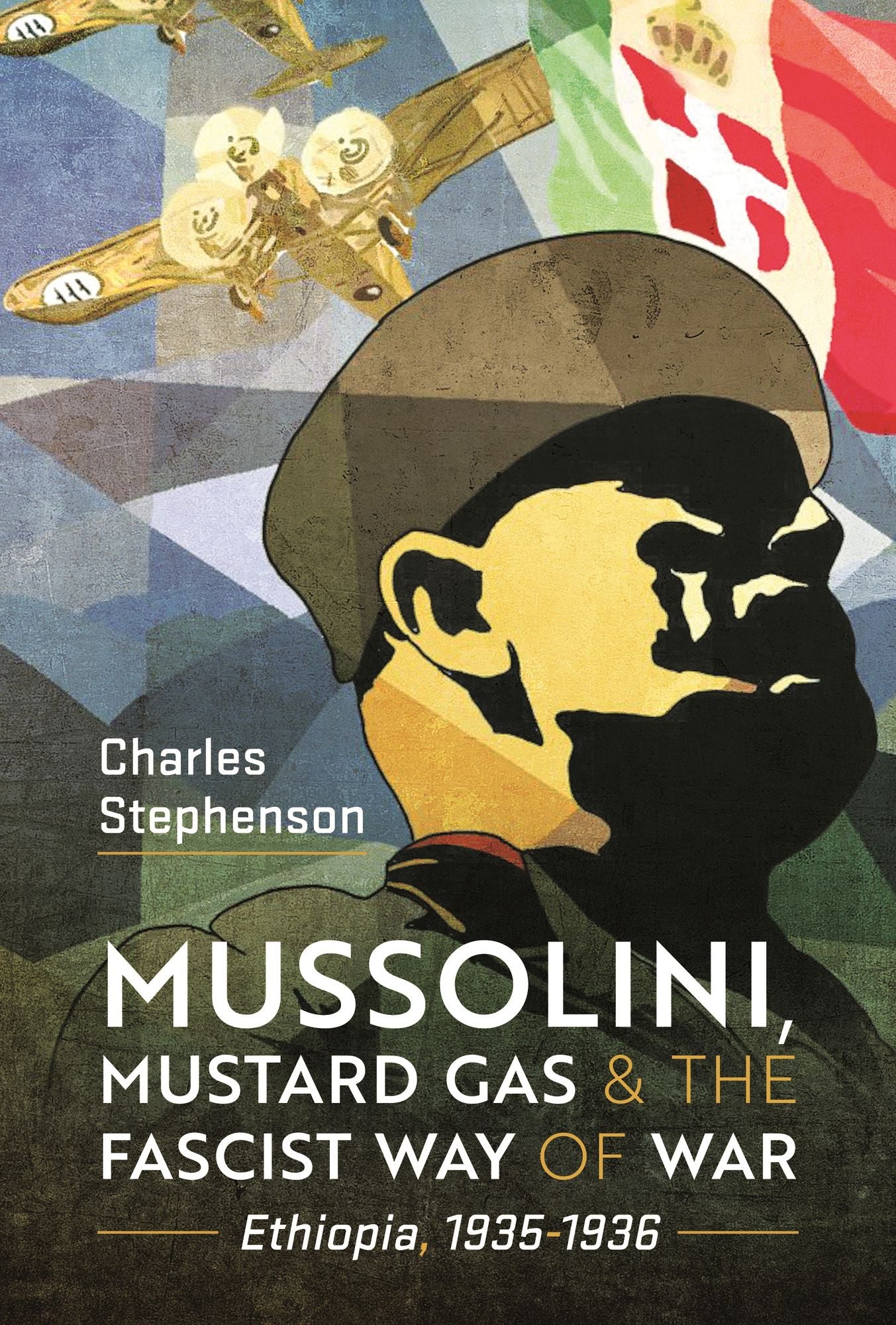
Mussolini, Mustard Gas and the Fascist Way of War: Ethiopia, 1935-1936
Format: Hardcover
ISBN: 9781399051668
Publication Date: 03/31/2024
“Physically the book is well produced, has numerous maps where they need to be in the text and is well footnoted… a must read in English for understanding the war.” The NYMAS Review
In early October 1935 and without any declaration of war some two hundred thousand men, comprising soldiers and airmen of the Italian armed forces, Fascist ‘Blackshirt’ Militia, Eritrean ascari and Somali dubats, invaded the independent state of Ethiopia (Abyssinia). It was an operation entirely of choice, the chooser being Il Duce: Benito Mussolini. The resultant conflict is often described as a colonial war. Whilst it was certainly launched with the intent of turning Ethiopia into an Italian possession, it was in fact a war of aggression against an independent, sovereign, state with membership of the League of Nations. A state that had, according to one of its nineteenthcentury rulers, been ‘for fourteen centuries a Christian island in a sea of pagans’.
The swiftness of the Italian victory resulted from their possession and ruthless use of technology; most particularly aircraft, mustard gas, and motorisation/mechanisation. Since they were fighting an enemy who possessed none of these things, then they were able to wage, indeed inaugurate, what the prominent military theorist JFC Fuller dubbed ‘totalitarian warfare’. This, he opined, was the Fascist, the scientific, way of making war. In his considered view, the Fascist Army that waged it was ‘a scientific military instrument.’ This book examines that campaign in military and political terms.
In early October 1935 and without any declaration of war some two hundred thousand men, comprising soldiers and airmen of the Italian armed forces, Fascist ‘Blackshirt’ Militia, Eritrean ascari and Somali dubats, invaded the independent state of Ethiopia (Abyssinia). It was an operation entirely of choice, the chooser being Il Duce: Benito Mussolini. The resultant conflict is often described as a colonial war. Whilst it was certainly launched with the intent of turning Ethiopia into an Italian possession, it was in fact a war of aggression against an independent, sovereign, state with membership of the League of Nations. A state that had, according to one of its nineteenthcentury rulers, been ‘for fourteen centuries a Christian island in a sea of pagans’.
The swiftness of the Italian victory resulted from their possession and ruthless use of technology; most particularly aircraft, mustard gas, and motorisation/mechanisation. Since they were fighting an enemy who possessed none of these things, then they were able to wage, indeed inaugurate, what the prominent military theorist JFC Fuller dubbed ‘totalitarian warfare’. This, he opined, was the Fascist, the scientific, way of making war. In his considered view, the Fascist Army that waged it was ‘a scientific military instrument.’ This book examines that campaign in military and political terms.
Choose options
















